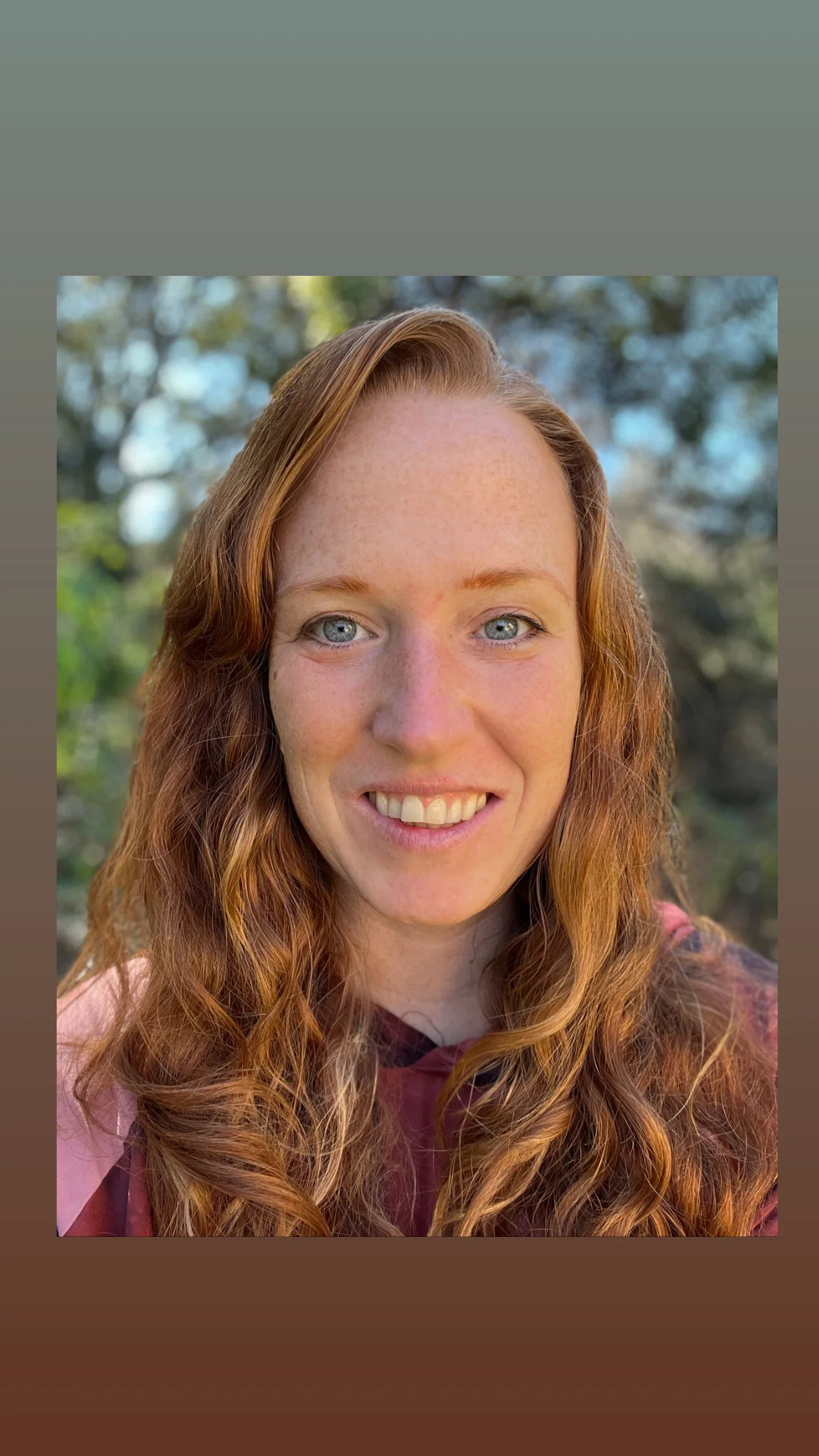If you have a property that no one will live in for a while, you should know what vacant home insurance is, as it helps to protect you from paying out of pocket for potential damages.
This article explains how vacant home insurance works, who should have it, and the factors affecting cost, and lists the five best vacant home insurance providers so that you can get the right policy for your needs.
What Is Vacant Home Insurance?
Vacant home insurance is coverage that protects homes that have no furniture or personal belongings and that no one is living in. Vacant home insurance is often available as a standalone policy, and can also be purchased as an endorsement (add-on coverage) to your homeowners insurance policy.
A home is defined as vacant from an insurance standpoint when there is no one living in the home, meaning there are no or limited furnishings inside the house, and the utilities are not on. A home is considered vacant when no one lives there for a certain period, usually 30-60 consecutive days.
The difference between a vacant home and a temporarily unoccupied home is that homeowners insurance policies often have exclusions for events that happen to a vacant home, such as frozen pipes or vandalism.
For instance, if you go on vacation for two weeks, your home will be unoccupied while you are gone, but your homeowners insurance should still cover damages that might happen while you are away.
On the other hand, let’s say a relative passes away, and you put all their furniture in storage and turn off the utilities until the courts can determine the beneficiary. If the house sits empty for longer than a month or two, it would be considered vacant, and it would be a good idea to get vacant home insurance to protect it.
What Does Vacant Home Insurance Cover?
If you have a home that no one has been living in and may be empty for the foreseeable future, you might wonder, “Do I need insurance on vacant property?”
The answer depends on your unique situation. Is the house truly vacant, or only temporarily unoccupied? If you’re a landlord who needs your home insured between tenant occupancy, homeowners insurance may be a better bet.
However, insurance for vacant properties covers events that an unoccupied house is more susceptible to and that your homeowners insurance might not cover, such as vandalism or theft if your property will be vacant for more than a month.
The full extent of vacant home coverage depends on your policy, but vacant home insurance can typically cover damages from:
- Theft
- Vandalism
- Broken windows
- Burst pipes
- Fire
- Lightning
- Hail
- Wind
- Explosions
You can often customize a vacant home insurance policy to include other structures on the property, such as sheds or detached garages, and any tools or equipment you use to maintain the property.
How Does Vacant Home Insurance Work?
Home insurance for a vacant property protects it from events that are more likely to occur when no one lives in a home, such as vandalism or weather damage. Homeowners insurance policies don’t typically cover property that is vacant for more than 30-60 consecutive days.
Factors That Affect Vacant Home Insurance Costs
Vacant property insurance cost depends on several factors, including how long the property sits empty, whether you have a security system, and what kind of neighborhood the property is in.
Let’s look at the factors that can determine the cost of your vacant home insurance premium.
Length of Vacancy
How long the property has been vacant–and how long it will remain vacant–influences the cost of your policy, as the longer the house sits empty, the longer you will need coverage.
Security System
Having a security system in place–especially one that alerts police if someone tries to break in–can help reduce the cost of your premium, as it shows the insurance company that someone is keeping an eye on the property.
Property Condition
If the property is older or in bad shape, it will likely be more expensive to insure than a newer home.
Neighborhood
Your location affects your insurance cost. Your premium will probably be higher if the vacant property is in a high-crime neighborhood than if it’s in a community near a police station or with a neighborhood watch program.
Property Oversight
You should let your insurance company know if you live nearby or regularly check on the vacant property (or have a neighbor check on it), as that could help reduce your premium cost. Keeping the property well-maintained by mowing the lawn and fixing anything broken on the exterior can also help to deter would-be criminals from damaging your property.
Replacement Cost
Replacement cost is how much it would cost to rebuild the same house from scratch. Market value and replacement cost are not the same; market value includes your neighborhood, the land the house is on, the school district, and other factors that would attract homebuyers.
Vacant home insurance tends to cost more than a typical homeowners policy, as vacant homes are at a higher risk of incurring damage from vandalism, storms, or theft.
Who Needs Vacant Home Insurance?
The people who most commonly purchase vacant home insurance are rental property and fix-and-flip investors and snowbirds.
Rental Property Investors
Rental property investors may need to get vacant property insurance during the slow season when no one is renting their property.
Fix-and-Flip Investors
Fix-and-flip investors may want to get vacant home insurance while renovating their houses before they flip them.
Snowbirds
If you own a vacation home you only visit during the winter, you may want to have vacant home insurance in place during the months you are not living there.
People who need insurance on a vacant house can also include:
- Anyone who needs their home covered while they prepare to sell it
- Someone who gets sick and is hospitalized for an extended period
- People who are traveling for several months due to their jobs (such as military service members) or for a sabbatical
- Relatives of a property owner who has passed away
5 Best Vacant Home Insurance Providers
We evaluated top-rated insurance providers and chose companies with flexible, customizable vacant home insurance policies, attentive customer support, and accessible quotes. Keep reading to learn which company is best for your vacant property insurance needs.
Steadily: Best for Landlords
Steadily offers insurance specifically for landlords to cover their rental properties. It can provide coverage for landlords that provide longer-term rentals (six months or more) and shorter-term rentals, such as Airbnb rentals.
Steadily also offers vacant home insurance coverage for:
- Rehabbers
- Homeowners
- Renters
pros
- Online quotes are available
- Can cover individuals or companies
- Well-functioning, easy-to-use website
cons
- You may have to wait to receive an email to get a quote if you have more complex insurance needs
Liberty Mutual: Best for Customer Service
While Liberty Mutual does not offer vacant home insurance directly, it does provide coverage through its partners. You can call Liberty Mutual and talk to a representative about your needs to get a personalized policy.
Liberty Mutual also offers a dwelling fire policy as a part of its homeowners insurance policy, which can insure vacant homes and permanent structures attached to vacant homes against damage from events such as:
- Fire
- Lightning
- Wind
- Hail
- Theft
- Vandalism
- Explosions
- Falling objects
pros
- Homeowners insurance policy includes dwelling, personal property, liability, and additional living expenses coverage
- Discounts are available for individuals with a claims-free history
- Online bill-pay portal
cons
- Coverage is not available in all states
Farmers: Best for House Flippers
Farmers’ vacant home insurance is a good choice for house flippers, as you can easily cancel coverage (and get part of your money back) or switch to a landlord or owner-occupied policy if you or a tenant moves into the property before the policy ends.
pros
- Optional vandalism and malicious mischief coverage
- 12-month vacant home insurance coverage includes prorated cancellation if your property is occupied before the policy expires
- Can change vacant home insurance to a landlord policy if someone moves in before the policy ends
cons
- No online quotes
Foremost: Best for Vacant Home Insurance Discounts
Foremost provides multiple coverage options and the ability to customize your vacant home policy to get the best coverage for your needs. It offers discounts for property owners with more than one home, individuals who purchase multiple policies (such as auto insurance), and lower premiums for newer homes.
pros
- Prorated refunds are available if you cancel your policy before it ends
- Optional additional coverage is available for other structures, personal belongings, liability, and more
- Landlords can add a vacant endorsement to their landlord policy to insure properties between tenants
cons
- It takes 2-3 days to receive quotes via email
Vacant Express: Best for Commercial Buildings
Vacant Express offers vacant property insurance for homes and commercial buildings, and landlord insurance and coverage for renovations, new homes, and short-term rentals.
Its vacant commercial building coverage can include:
- Named perils
- All risk
- Property
- General liability
pros
- Extensive named peril coverage (including damage from fire, wind, vandalism, hail, lightning, volcanos, aircraft, and sinkholes)
- Up to $5 million in property damage coverage
- All risk coverage includes theft damage from properties that have working fire and burglary alarms
cons
- No online quotes
Conclusion
Vacant home insurance is a policy or endorsement that can cover property damage caused by events including:
- Theft
- Vandalism
- Weather
- Explosions
Vacant home insurance typically costs more than a regular homeowners policy as vacant homes have higher risks of certain types of property damage (such as burst pipes or vandalism) than occupied homes.
The difference between a home being vacant or unoccupied is that tenants plan to return to or start living in a temporarily unoccupied home, while no one lives in a vacant home. A vacant house doesn’t have many (or any) furnishings, and the utilities are often off.
You should consider purchasing vacant home insurance if your property will be vacant for more than a month or two.
Vacant home insurance costs depend on several factors, including:
- Length of vacancy
- Whether you have a security system in place
- The condition of the property
- The quality of the neighborhood
- Property oversight
- Replacement costs
People who need vacant home insurance include real estate investors, fix-and-flip investors, and snowbirds.
The best vacant home insurance providers have excellent customer service and customizable policies to suit your needs.
FAQs
What is the difference between vacant and unoccupied?
The difference between vacant and unoccupied is that no one lives in vacant homes, they don’t have furnishings, and the utilities are turned off for an extended period. With unoccupied homes, the tenants plan to return and typically leave their furnishings in place and their utilities turned on.






